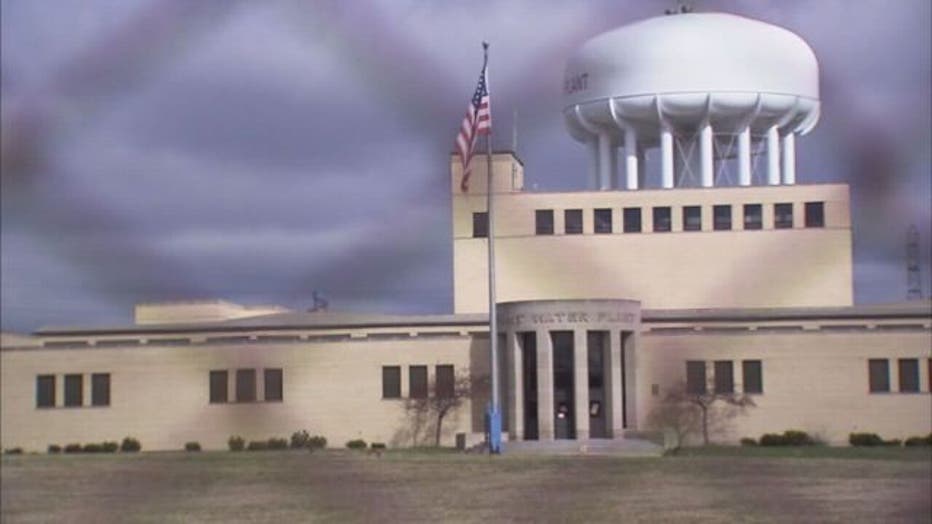Flint Water Crisis judge asks for 4-month delay to review records, defendant attorneys oppose request
FLINT, Mich. - Attorneys for former Gov. Rick Snyder and eight others facing charges in the Flint water crisis filed a motion Thursday seeking to speed the production of evidence after a judge said he needed at least four months to inspect grand jury records.

Water plant in Flint, Michigan
The lawyers said the delay will hurt the defendants, who "are left to languish under the specter of reputation-destroying criminal charges with virtually no avenue to challenge or assess the allegations."
Last week, Genesee County Chief Circuit Judge Duncan Beagle issued an order governing how he will review and release grand jury testimony and exhibits touching on the defendants' guilt or innocence. He set a status hearing for June 14.
Snyder was charged in January with two counts of willful neglect of duty, a misdemeanor. Flint, under Snyder-appointed emergency managers, used the Flint River for drinking water in 2014-15 without properly treating it to reduce corrosion. Lead from old pipes contaminated the system.
Eight other people were indicted in a new investigation of the scandal — which involved a rare, one-judge grand jury — including two former state health officials who were charged with involuntary manslaughter in the deaths of nine people from Legionnaires’ disease. Some experts have blamed the river.
In their joint motion, the defendants noted that Judge Elizabeth Kelly — who is handling seven felony cases stemming from the probe — had followed Beagle's lead and moved status conferences to June 24. They had initially been set for Thursday.
RELATED: Attorney General's Office charge ex-Michigan governor, 8 others in Flint Water Crisis probe
The combined effect "is to grind the Flint water cases to a virtual halt," according to the filing. The defendants asked Beagle to conduct a general review of the grand jury record and order that all testimony and exhibits be produced "forthwith" on a rolling basis, contending that prosecutors had agreed.
The defense and prosecution are at odds, however, over whether the defendants are entitled to other materials such as conversations between the prosecutor and grand juror or information about how the one-judge grand jury was selected. The defense said a "thorough vetting" of grand jury discussions and other non-testimonial/non-evidentiary matters is needed to see if there was prosecutorial negligence and misconduct.
As of Feb. 3, the "voluminous" transcript of the one-year grand jury proceedings was still being prepared, according to the prosecution.
Courtney Covington Watkins, a spokeswoman for the attorney general's office, said the latest motion was being reviewed.

